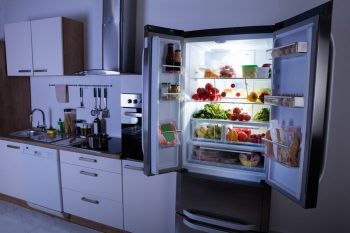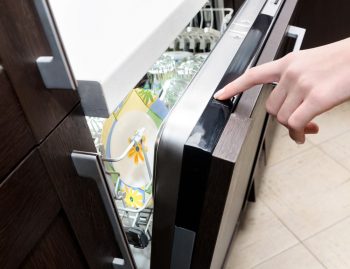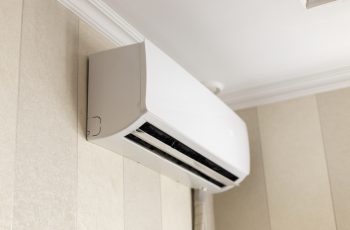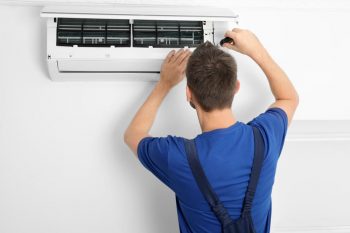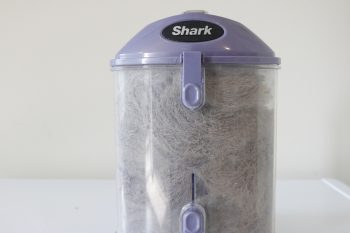
It is probably not your first time mourning the loss of your dead refrigerator compressor. Well, now you might be wondering why that has happened. It is probably because of overheating, dryness of fluids, contaminated coils, and uneven electricity supply.
Some prevalent failure factors, including damaged vents and pipes, leakage of fluids, over or underflow of voltage and overloaded shelves, etc., could lead to compressor failure. These enlisted factors will cover your primary concerns about the unexpected failure of the compressor.
If you have bought a new compressor and are looking for ways to prevent it from failing again, remember the following reasons and get it checked as soon as you notice any related signs.
- It’s Getting Over-Heated.
- You Need to Get Rid of the Pollutants.
- It’s Not Getting Any Lubes.
- The Load Isn’t Balanced.
- The Coils Need Cleansing.
- Voltage Supply is Above Normal.
- Suction Pipes Are Faulty.
- Valves Are Damaged.
- No Regular Inspection.
- The Model Is Past its Average Age.
We’ll take you through all possible reasons why your compressor is failing, and you can choose the reason that best fits your situation and solve the issue once and for all.
10 Reasons Your Refrigerator Compressor Might Fail
Without further ado, let’s quickly dive into all possible reasons that could render your refrigerator’s compressor useless.
1. It’s Getting Over-Heated
The overheating of the refrigerator system can make it permanently damaged.
Here are some reasons why it may happen:
- Faulty Vents: Every machine produces heat when it operates, but they also can ventilate and prevent the compressor from accumulating dangerous amounts of heat through vents. If your vent is damaged or too old, its function will be altered, causing overheating.
- Wrong placement: If you have placed your fridge in an area where it is being exposed directly to sunlight, then change its position immediately because cooling appliances need to be placed in cool and shaded areas.
- Other reasons: Uneven supply of electricity and increased pressure on the compressor due to other faulty parts can also cause overheating.
2. You Need To Get Rid of the Pollutants
All refrigerators use refrigerants and lubricants in their pipes; these should be the only two materials present. If you use low-quality fluids to save money, they already come with impurities, or if you do not exchange these fluids in a while, then dirt particles, grease, and other fumes accumulate and lead to failure.
3. It’s Not Getting Any Lubes
Most, if not all, of your home appliances need lubricants to survive just as much as you need oxygen.
- Quantity: A healthy amount of lubricant should be provided to the compressor. Every refrigerator has a certain limit; quantity should not go above or below that limit.
- Quality: Do not buy cheap oils. It has many disadvantages that lead to flow obstruction and ultimately cause increased pressure and compressor failure.
4. The Load Isn’t Balanced
Your food should not be hanging from the shelves to the point where the refrigerator fails to supply adequate cooling. Overstuffing also increases pressure and causes overheating.
At the same time, if you run your refrigerator empty, it will not get enough ventilation and ways to remove the heat produced because of running for a long period without an air outlet. This affects the efficiency of a compressor.
5. The Coils Need Cleansing
There is a loop of coils around a compressor. If these coils get clogged with debris, it obstructs flow, and heat does not find its way out, which increases stress and warmth, crashing the compressor. It is a gradual process that shows significant signs after almost five years of usage.
6. Voltage Supply Is Above Normal
If you do not use a stabilizer, your compressor can get pretty damaged due to a sudden increase or decrease in voltage supply. This causes tripping and fuses the wires. You can detect this malfunction by noticing any change in smell or if any fumes rise from the back of your refrigerator.
7. Suction Pipes Are Faulty
A suction pipe connects the inside machinery to the outside and sucks the refrigerant to supply it to the condenser. It maintains a steady supply of both lubricant and refrigerant. If these pipes are damaged, these two fluids either mix up and cause blockage or do not reach their destination and damage the compressor.
8. Valves Are Damaged
The valves of your compressor should be airtight and completely closed. This is a very unidentifiable reason. Faulty valves are hard to identify unless you rule out all other reasons for failure.
You will most likely notice an elevated level of excreted heat from the exhausts or internal leakage of fluids as an indication of damaged compressor valves. If you frequently fill the refrigerant, your compressor will malfunction soon.
9. No Regular Inspection
Not calling your company experts for routine checkups is also one of the reasons a compressor fails to function efficiently. After the initial few years, you need to get your refrigerator checked at least once a year.
If you keep ignoring the small initial signs of compressor malfunction, including loud vibrations, sudden tripping, any kind of leakage, inefficient cooling, etc. Then the consequences will be a lot harder to deal with.
10. The Model Is Past Its Average Age
Despite all preventive measures, when your refrigerator reaches a certain time limit, it stops working due to long periods of pressure intake and irreversible damage to many parts. The average age limit of a refrigerator is about ten years, and it can go a maximum of eleven years, but it usually starts to wear out after eight years.
Quick Flashback
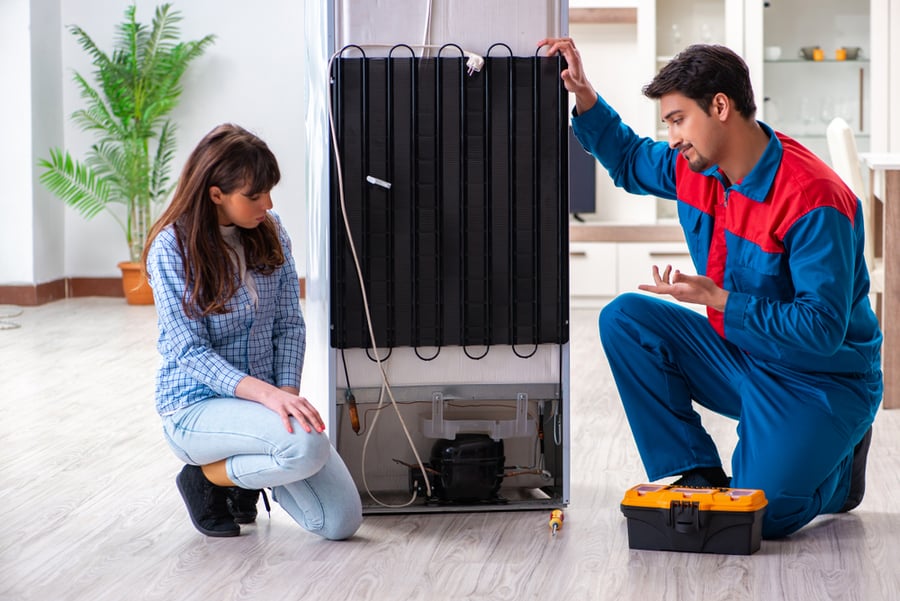
The refrigerator compressor is a very sensitive part but not complicated enough not to be prevented failure. If you can find the right reasons for your malfunctioning compressor, you can easily save it from happening again.
These reasons range widely, including overloading or overstuffing, increased heat production and decreased outlets to release the accumulated heat, crooked pipes and tubes, insufficient lubrication, leakage of refrigerant, etc. lack of regular maintenance and checkup measures can also cause the failure of a compressor.
Frequently Asked Questions
What Is the Average Life of a Refrigerator Compressor?
Loss of efficiency of a compressor is a very slow process, so it can work fine for about nine to ten years. It entirely depends upon how well-maintained your refrigerator is; it can decrease to eight years or increase to eleven years accordingly.
However, it is recommended that you get it checked after the seventh year.
What Does a Refrigerator Compressor Do?
Just as its name shows, it compresses the air and puts pressure on it, stimulating the cooling process. Another vital function is that it controls the refrigerant flow throughout the refrigerator.


